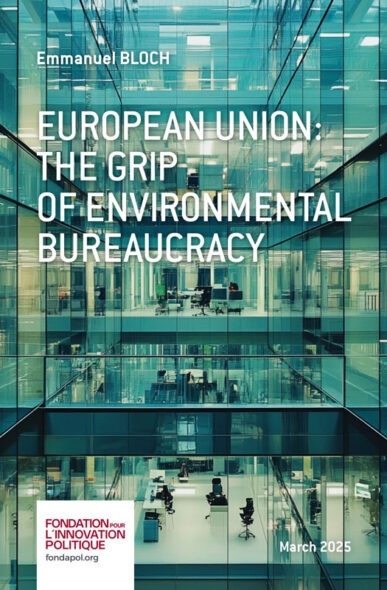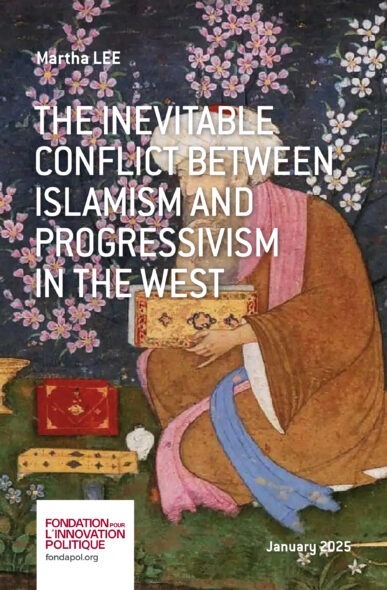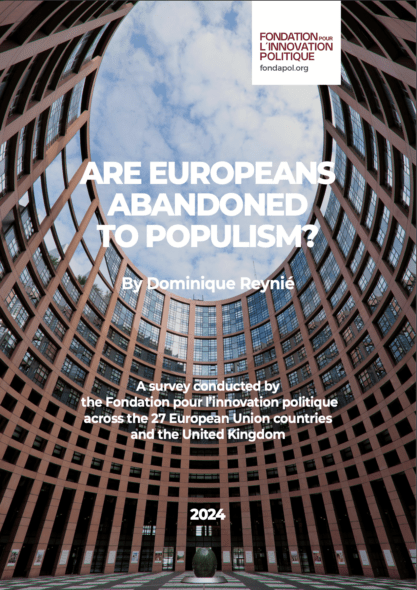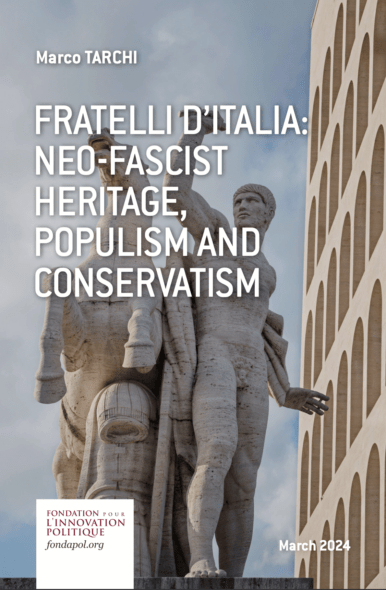Where is America Headed?
In this Working Paper, Bruno Tertrais, Senior Research Fellow at the Fondation pour la recherche stratégique (FRS), maintains that the first half of the 21st century will be primarily marked by America. In this author’s opinion, any hopes of seeing America “return to normal” or lose some of its pride are unfounded: “The United States is being increasingly impregnated with conservative and Republican values, the country’s foreign policy shift to the right occurred long ago and America will not have any serious competitor for several decades yet.”In this essay, Bruno Tertrais strives to identify the changes that have taken place in the United States and suggests a prospective vision of what the country will be like in the short and medium-term. With respect to domestic concerns, Iraq, the management of the New Orleans disaster, and the inconsistency of results among the major reforms promised by George W. Bush have seriously tarnished the Republican’s credibility. As for foreign relations, the author believes that, contrary to expectations, the end of George W. Bush’s term in office will not signal a “return to normal” for the U.S., nor challenge his “Wilsonism in boots” or his unilateralism.
To believe any of the latter would be to underestimate the transformation of American public opinion which, for demographic as well as geopolitical reasons, has become more conservative and more influenced by religious and family values. More than ever, the U.S. continues to cling to Southern and Western values and to both individual and religious freedom — particularly to the most fundamentalist evangelism — and to a “cultural counter-revolution” in response to the ideas of the 1960s, which neoconservatism had embodied up until then. America, its confidence undiminished, does not seem ready to abandon its conviction that it is an exceptional nation.
Nonetheless, with the “WASP” (White Anglo-Saxon Protestant) domination coming to an end and the expected tripling of the Hispanic and Asian populations by 2020, America is bound to confront a new debate over its identity and its integrational capacity. Across the Atlantic, as elsewhere, the “social issue” is also assuming a new sense of urgency.
What weaknesses could destabilize the self-assurance of this “weary” American power? The emergence of new key players on the international scene? An unprecedented boom in the importing of energy and manufactured goods? A public debt that represented nearly two-thirds of the U.S. GDP in 2007? Despite these difficulties, Bruno Tertrais is convinced that the U.S. will continue to lead the early 21st century. In fact, the United States is now the global leader in the economic (global production, GDP, energy production, etc.), intellectual (number of Nobel Prizes, foreign students, etc.) and military-technological sectors. To stay ahead of its competitors, America has also entered a skilled immigration and innovation race. It is unlikely that any other nation will be able to compete with it within the next twenty years, even if certain places such as New York City and prestigious university campuses become increasingly isolated from the rest of the American territory.













No comments.